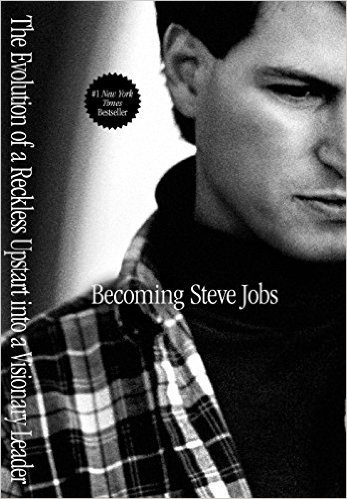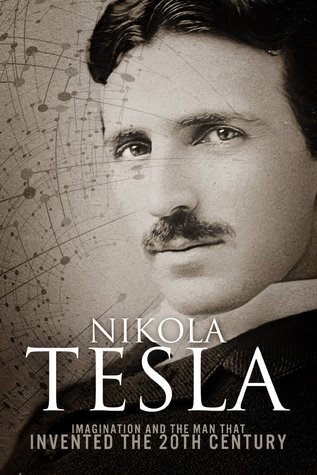
Elon Musk
Book Description
A visionary on the edge of madness, Elon Musk has redefined the boundaries of technology and ambition. With a relentless drive to propel humanity into the future, his journey takes readers through breathtaking innovations, fierce rivalries, and personal trials that challenge the very essence of success. From revolutionizing electric cars to dreaming of Mars colonization, Musk’s story is a high-stakes chase filled with triumph and turmoil. As the line between genius and folly blurs, what will be the cost of his vision? Buckle up for a riveting ride that questions the very limits of human potential.
Quick Book Summary
“Elon Musk” by Walter Isaacson is an investigative biography of one of the most polarizing and ambitious figures in tech and business. The book chronicles Musk’s journey from his early days in South Africa, through Silicon Valley’s startup scene, to his roles as CEO of Tesla, SpaceX, and more. Through meticulous research and unprecedented access, Isaacson reveals Musk’s turbulent personal life, complex relationships, and relentless work ethic. The narrative delves into Musk’s technical genius and his often controversial management style, illustrating the high personal and professional costs of his urge to accelerate humanity’s technological future. Isaacson presents a balanced portrait, highlighting Musk’s audacious vision—such as colonizing Mars and revolutionizing energy—while probing the chaos and risk that define every endeavor. The book asks not just what it takes to change the world, but what price such ambition demands from the visionary and those around him.
Summary of Key Ideas
Table of Contents
Visionary Leadership and Innovation
Walter Isaacson’s biography of Elon Musk delivers an unflinching look at Musk’s visionary leadership and unyielding drive to redefine the boundaries of technology. From PayPal to Tesla, SpaceX, and Neuralink, Musk’s ventures are fueled by audacity, a willingness to confront industries deemed impossible to disrupt, and an unshakable conviction in his mission to advance civilization. Isaacson illustrates how Musk’s clarity of purpose propels him forward, inspiring teams to achieve breakthroughs in electric vehicles, reusable rockets, and brain-machine interfaces in record time.
Personal Sacrifice and Turmoil
Isaacson does not shy away from portraying the chaos and personal cost tethered to Musk’s ambition. The biography traces Musk’s early traumas, his complex family dynamic, and the toll taken on partners, friends, and employees striving to keep up with his demands. The book probes how Musk’s restless energy and extreme standards often result in turbulent workplaces and relationships, yet also foster innovation capable of changing the world.
Relentless Risk-Taking
Risk-taking emerges as a central theme. The narrative recounts Musk’s boldest gambles—mortgaging personal fortunes, defying industry skeptics, and pushing technology to the edge. Isaacson explores how near-failures and public scrutiny serve as crucibles, forging Musk’s resilience and reinforcing his appetite for ever-greater challenges. The book questions whether such relentless pursuit is essential for world-altering achievements or a recipe for breakdown.
Complexities of Human Relationships
Beyond the headlines about rockets and electric cars, Isaacson dives into Musk’s private sphere, examining intimate relationships and personal hardships. The biography reveals a man oscillating between empathy and emotional detachment, inspiring loyalty and fear among those closest to him. Musk’s parenting, romances, and friendships provide context for his public persona, showing a figure both deeply vulnerable and fiercely driven.
Impact on the Future of Humanity
Ultimately, “Elon Musk” stands as a meditation on the impact and limits of extreme ambition. Isaacson weighs Musk’s transformative influence on climate technology, space exploration, and artificial intelligence against the upheaval created in his wake. The book compels readers to consider what it takes to drive humanity forward—an unyielding vision, an acceptance of chaos and pain, and the profound, sometimes uncomfortable, cost of reshaping the future.
Download This Summary
Get a free PDF of this summary instantly — no email required.





